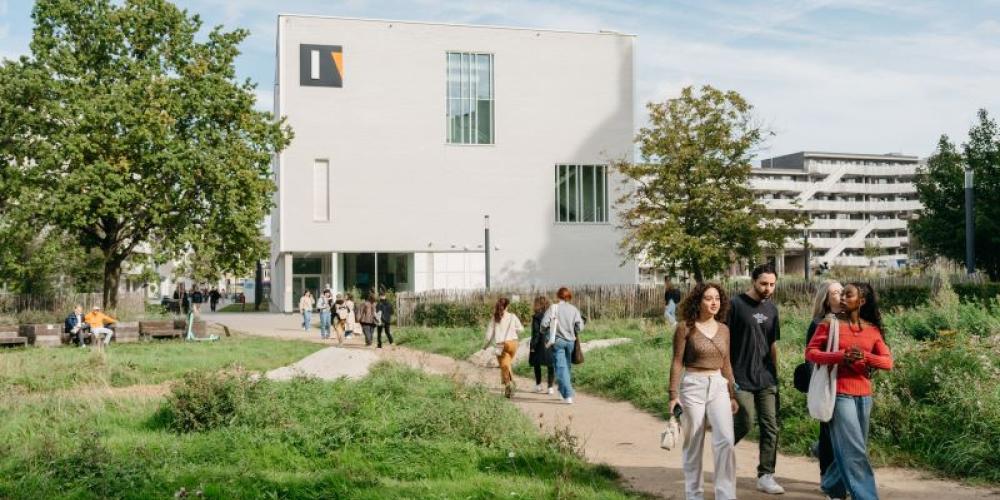
For the tenth consecutive year, enrolments at VUB have increased in the 2024-2025 academic year. Should the current growth rate of 5.9% persist into the second enrolment period, the Brussels university will, for the first time in its history, exceed 25,000 enrolments. The number of first-time students (those enrolling in higher education for the first time after secondary school) has increased by 5% compared to last academic year. Even more striking is the strong growth—11%—in new non-first-time students in bachelor's programmes.
“Moreover, the steadily growing international student population at VUB is noteworthy, with an 11.4% increase in non-Belgian students, a significant portion of whom come from neighbouring European countries,” says Sofie Daniëls, policy officer at the VUB Data Office. This is partly due to the international context of Brussels, which provides a welcoming environment for international students. “Our success with this group is also linked to our English-language undergraduate programmes. In particular, the Business Economics bachelor's programme continues to expand, with enrolments up by more than 28% compared to last year. Social Sciences and Linguistics & Literature are also attracting significantly more students.”
Engineering programmes are performing well, with over 20% more bachelor’s students, as is the civil engineering and architecture programme (+11%). “Our larger programmes, such as psychology (+9%) and law (+19%), traditionally perform well. Additionally, smaller fields, like the bachelor’s in Artificial Intelligence (+22%), are seeing growing interest from students.”
The rise in enrolments is expected to continue in the coming years. “The number of 18- to 24-year-olds will continue to increase until 2033, with a projected growth of 13% over the next ten years,” says Daniëls. “Add to that the increasing participation in higher education, with more students choosing to pursue higher education, and it’s clear that the growth is far from over.”
However, this increased intake presents new challenges, including pressure on the available capacity of both facilities and staff. “We are nearing the limits of our current infrastructure and support. This challenges us to be creative in managing this growth effectively. Welcoming students physically on campus remains crucial, but effective alternatives to mass lectures must also be considered,” says Vice-Rector Nadine Engels. “Beyond logistical challenges, our university remains focused on improving student success rates. Although enrolments are rising, these figures don’t always translate into equally successful academic performance. Improving student outcomes is therefore the university’s top priority in its education policy.”
To help students achieve their academic goals, VUB is investing in intensive guidance, targeted support, and reorientation where necessary. “These measures are designed to ensure students receive the support they need to improve their chances of success,” says Engels. “By acting proactively, the university aims to improve progression rates and ultimately ensure successful degree completion for as many students as possible. As a university, we remain committed to strengthening our educational offering, so that increased enrolment goes hand in hand with high-quality education and improved student outcomes.”*
*This is a machine translation. We apologise for any inaccuracies.